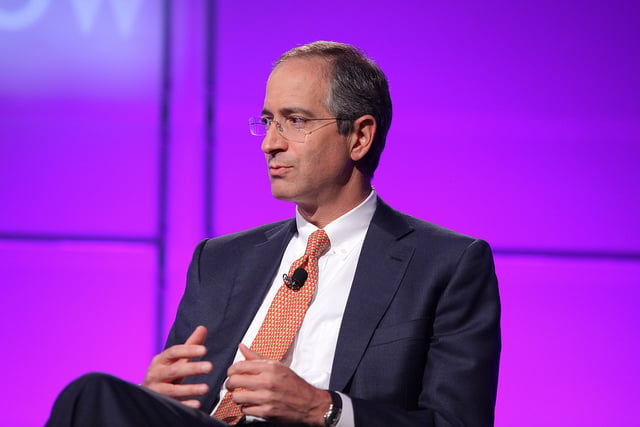Score One For The Little Guys! Comcast To Abandon $45 Billion Mega-Merger With Time Warner Cable
From the moment the proposed $45 billion Comcast-Time Warner Cable (TWC) merger was announced over a year ago, many consumers were understandably worried about what that would mean for competition in the broadband and TV markets, not mention how it would affect their bills each month. Add that in with the fact that both companies have customer service rating that rank near the bottom and that Comcast is a two-time winner of The Consumerist’s “Worst Company in America” award, it shouldn’t come as a surprise that many have been skeptical of the deal actually passing muster with regulators.
Thankfully, we started hearing more of the government’s concerns over the past week with sources within the Department of Justice’s antitrust division making its clear that the agency was heavily leaning towards rejecting the deal (and filing a possible lawsuit). The FCC piled on today by kicking the merger decision to a Hearing Designation Order, which would be overseen by an administrative law judge. To put it bluntly, it’s just a fancy way of saying that the FCC’s action would make it incredibly hard for the merger to go through and Comcast would face an uphill battle. A Hearing Designation Order is basically where mergers go to die, and apparently, Comcast has finally gotten the hint.
According to Bloomberg, the publication that first brought to light the DOJ’s objections to the merger, Comcast will announce that it is calling off the wedding. Comcast will reportedly lick its wounds for the rest of today, get a good night’s rest, then come back tomorrow to announce what we have all been hoping would happen for the past year.
It’s hard to say which straw broke the camel’s back, but the big takeaway from all of this is that there was no competition between Time Warner Cable and Comcast before merger talks began, and there likely won’t be any competition between the two after this failed merger. The two companies don’t compete with each other in any major market across the U.S. and have been left to dominate their respect strongholds, leaving customers will little choice on which broadband carrier to select.
Interestingly enough, it is only because of recent upstarts like Google Fiber that we have even seen a hint of movement by the likes of Comcast and TWC to improve services and broadband speeds for customers. Just two years ago, Comcast said that the 1Gbps speeds offered by services like Google Fiber were complete overkill for residential customers. Today, the company is launching its 2Gbps Gigabit Pro residential Internet service on both U.S. coasts, and plans to fill in the blanks over the next few years.
What was once “unthinkable” just two years ago is now all of a sudden a reality. “It’s about what people are doing with the Internet,” said Comcast spokesman Bryan Byrd earlier this month when announcing Gigabit Pro for the San Francisco Bay Area. “Clearly, demand has gone up as people stream more and upload more.”
Likewise, TWC is performing its best Oprah impersonation, shouting, “You get a speed increase! And YOU get a speed increase” to residents of Atlanta, Georgia. TWC will give Atlanta residents on Roadrunner Standard (15 Mbps), Extreme (30 Mbps), and Ultimate (50 Mbps) free upgrades to 50 Mbps, 200 Mbps, and 300 Mbps respectively. And what’s the reason for this sudden generosity? Google Fiber came to town, that’s why.
I sit here with a smile on my face as this merger crumbles to the ground, but I’m prepared to pull a hot bucket of buttered popcorn out of the microwave tomorrow when Comcast pulls up to the mic to eat some tasty crow.


